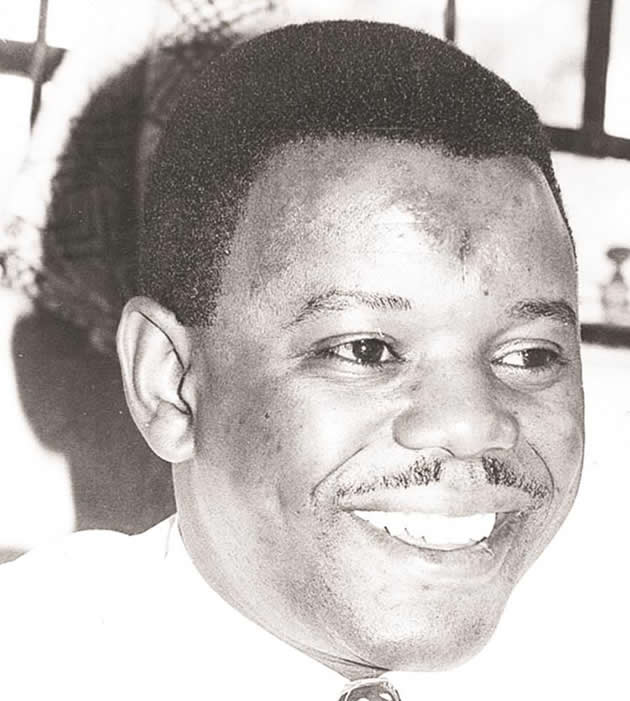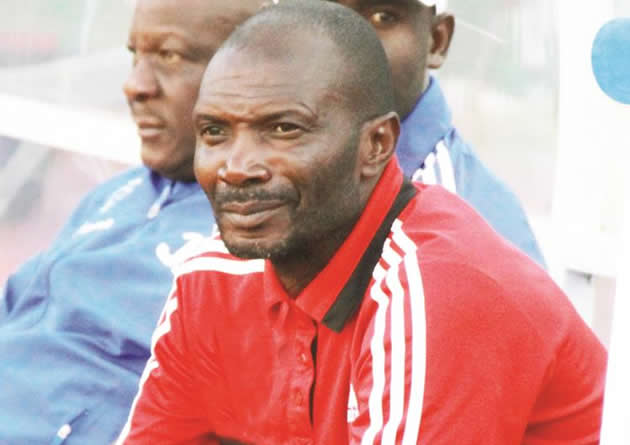Tribute to Josh Makawa

Fred Zindi Music
Fanny Nyamukondiwa, a relative of the late Josh Makawa called me last Saturday. When we met, he told me how he had been planning a Josh Makawa commemoration concert over the years but has been unable to do so.
“Each time I try to put it together, something crops up and it never happens. Perhaps Josh is not keen on us doing this,” he said.
We ended up reminiscing about the good things that Josh Makawa was known for. It is easy to forget someone who has been dead for fourteen years now, but Zimbabweans of my generation will always remember him as an 1980’s icon who dominated the airwaves in a big way.
Between 1980 and 1990 every Zimbabwean in their teens or older knew who Josh Makawa was.
Fanny says that Josh did many great things in Zimbabwe and his name should not die in vain. But I was astonished to find that many Zimbabweans in their thirties now have never heard of Josh Makawa.
Perhaps it is my duty to give information to all those who have never heard of him and all those who were not yet born when Josh was being ‘worshipped’ by almost every teenager in Zimbabwe.
Makawa was a real celebrity, a household name during his heyday. To give you an idea of how popular he was, it used to take him three to four hours trying to cross First Street from Nelson Mandela Avenue to Robert Mugabe Road in the City of Harare because of the young people who would stop to greet him and wanted a handshake. .
He later became a household name on Radio Three and inspired a whole generation of club and radio disc jockeys who imitated his style.
He ventured into acting and featured as a police officer in Tuxedo Warrior, a film featuring South African actor, Kenny Gamble.
In 1983, he was the compere at reggae star, Jimmy Cliff’s show at Rufaro Stadium.
During his time, Josh had a prominent profile and commanded a huge degree of public fascination and influence in day-to-day media.
In simple terms, he was a man of great popular appeal, prominent on our television and radio. He was easily recognised by the general public.
With Zimbabwe’s independence in 1980, we as young people then, gravitated towards the new kid on the block, Radio 3.
Josh Makawa, who was into what was known as ‘funk’ music, represented the finest in radio for me – impeccable show, great music, dry wit and a voice designed by the gods.
But he was not alone. The Radio 3 generation was spoilt for choice for close to two decades – John Matinde, Hilton Mambo, Admire Taderera, Peter Johns, Kudzi Marudza,
Kelvin Sifelani, Fungai ‘The Voice’ Marange, Eunice Goto, Simon Parkinson, George Munetsi, Ian Sigola, Hosea “Hitman” Singende, Joseph “Muzukuru” Hussein, Mike “Big Sam” Mhundwa and Comfort Mbofana all shared the list of the amazing talent that was found in Zimbabwe.
Josh was celebrated as Zimbabwe’s top DJ from 1980 until the late 1990’s. He knew it and took advantage of his fame to go into other businesses. At the age of 25, he had become a household name in Zimbabwe. He received endorsements from corporate institutions where he was responsible for many television and radio advertisements. In 1986, Josh started his own businesses such as Leroy Marketing.
Leroy Marketing (named after his son, Leroy). The company traded in stationery, grain and vehicle spares.
He also established Josh and Cathy store which was situated in Kwame Nkrumah Avenue where he sold fashion clothes and imported music records. In addition, he had a transport business Ship On Haulage with his lorries ferrying farm produce from Zimbabwe to Zambia and Malawi. He was also a co-partner in In-Flight Entertainment which provided entertainment on Air Zimbabwe flights. As a result of his fame and well-built body, he had also become a fashion model and a film actor before the age of 30.
Josh was Zimbabwe’s top icon of the 1980s.
In August, 1988, Josh, Mike Mhundwa and I went to Ommar Khayam Night Club in Masvingo to do a disco show which had been well advertised two weeks before our arrival.
On arrival, we were all amazed to witness Josh’s popularity. The three of us were all DJs on Radio 3, but Josh was also on television every Saturday in a programme known as Sounds On Saturday. When we arrived, there were hundreds of people, young and old, who had formed crowds outside the night club. They all wanted to meet this icon they had seen on television but not in real life. They started mobbing him and he (Josh) had to be rushed into the club where he hid in the dressing room. That night, despite the high entrance fee, the show was sold out. No one was allowed into the club after 8pm, except for Minister Edson Zvobgo who came in at 9pm. Minister Zvobgo, on seeing the great business this club had generated that night, later persuaded Mr. Dimiati, the owner, to sell the club to him. That is how effective and influential Josh was to business.
Josh was born on 24 November 1959. He attended Mutasa Primary School in Highfield before enrolling at Highfield Community School for his secondary education.
At 19, he became the youngest and one of the first black disc jockeys on the then Radio Jacaranda, presenting the Dairibord Top 20.
His programmes were popular with youths.
At independence Makawa was among the founder presenters at Radio Three together with John Matinde, the late Patrick Bajila, Admire Taderera, Caleb Thondhlana and the late Elvis Chimene.
He later became a household name on Radio Three and inspired a whole generation of club and radio disc jockeys who imitated his style.
However, in October, 2000, Makawa who was 40 died at Harare’s Avenues Clinic.
You might be wondering how this ghetto boy rose from the streets of Highfield into fame and fortune.
It is simple. He was involved with discos right from the age of 15 when he was still at school. When Zimbabwe attained Independence, he was already an accomplished DJ.
He responded to a ZBC advert which required young DJs to start Radio 3. As someone who had previously worked for Radio Jacaranda, a white radio station, from 1978 to 1979, he was immediately found appointable. With the euphoria of independence, the whole nation was waiting to see which young people had taken over the jobs which were designated for whites only before Independence, and Josh became one of them. The rest is history.
He eventually got married to his long-time girl friend, Rosemary Francis, the daughter of one of the directors of Bhika Brothers, an enterprise which dealt with household furniture. Together they had two boys, Leroy and Tyler. Unfortunately when Josh died, he had been on separation from his wife for four years.
Tendai Mupfurutsa and I attended his funeral at Glenville Cemetery and I remember him(Tendai) remarking: “There goes a true Zimbabwean legend. A true hero of our times.” Indeed, he was!
- Feedback: [email protected]









Comments